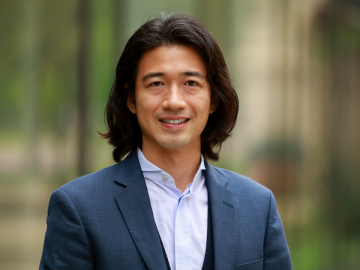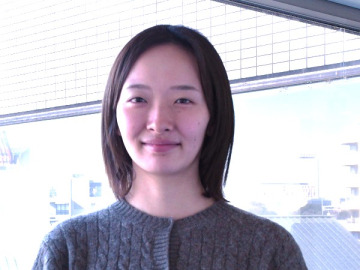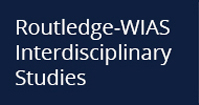高等研究所訪問研究者セミナー
Laurent DE SUTTER 教授 セミナーシリーズ
| セミナー1 ‘The Supremacy of ‘Nomos’ and the Crisis of Western Normativity’ | |
| 登壇者 | DE SUTTER, Laurent (Professor of Legal Theory, Vrije Universiteit Brussel, Bruxelles) |
| 日 時 | November 4, 2015/ 14:00-16:00 |
| 会 場 | Meeting room of Institute of Comparative Law on the 5th floor of 9th building |
| 要 旨 | During the first session of the seminar, I would try to describe how the inherited conception of normativity in the Western world is actually not satisfactory, if one is to understand not only the most recent legal development (both a the level of Nation-States and at the international level), but also the everyday life of law. I will argue that this dissatisfaction can be traced back to the inscription of Western normativity under the rubric of ‘Nomos’ (originating in Greece’s ancient philosophy), namely of ‘law’, understood as a set of rules, norms or provisions defining a positive ‘ought to’. During this first session, I will then describe at length the meaning and importance of the concept of ‘Nomos’ in the understanding of Western law, and try to describe what I consider to be its main flaws. |
| セミナー2 ‘A Short Archeology of the Supremacy of ‘Nomos’ in Western Law’ | |
| 日 時 | November 17, 2015/ 16:00-18:00 |
| 会 場 | Meeting room 303~305 on the 3th floor of 8th building |
| 要 旨 | During the second session of the seminar, I would try to present a short account on the long history of the conflict between the defenders of the idea of ‘Nomos’ and the defenders of another, more Roman, conception of law – and the progressive triumph, through history, of the formers over the latters. If the idea of ‘Nomos’ can be traced back to Greek philosophy, it is in Rome that its opposition to another, more practical and less general, conception of law has been staged first. This staging has taken the form of the distinction between ‘ius’ and ‘lex’, a distinction that has irrigated the entire history of Western law, and has been most often understood as the distinction between formal law (rule, norm, etc.) and its practical application (right, action, etc.). |
| セミナー3 ‘Watsujî Tetsurô’s ‘Fudô’ and the Distinction between ‘Rules’ and ‘Models’’ | |
| 日 時 | November 19, 2015/ 16:30-18:00 |
| 会 場 | Meeting Room 219 on the 2nd floor of 8th building |
| 要 旨 | During the third session of the seminar, I would try to present a personal, Western, reading of Watsujî Tetsurô’s ‘Fudô’, which, despite its importance, has not yet been properly read in the Western world. I will mainly focus on the incidental distinction, drawn in the fourth chapter of the book (devoted to art), between ‘mohan’ and ‘kisoku’. Even though these words are not central in the Japanese legal lexicon, they still do imply a dimension of normativity – and offer two different, and, to some extent, opposite, understanding of what an ‘ought’ can be. With the help of the Japanese colleagues that I would have contacted during the first two weeks of the stay, I hope to be able to offer an acceptable account of this distinction, and a reliable reading of Watsujî’s use of it. |
| セミナー4 ‘What Western Law can Learn from the Japanese Concept of Model’ (Sponsored by the Institute for Comparative Law) |
|
| 日 時 | November 25, 2015/ 14:00-16:00 |
| 会 場 | Meeting room 303~305 on the 3th floor of 8th building |
| 要 旨 | The fourth session of the seminar would be the more speculative one, given its necessary reliance upon what would have been achieved during the third session. Yet, if my intuition is correct, I think that the Japanese understanding of the idea of ‘model’ could offer an exit from the millennium-long debate between the tenants of ‘lex’ (or ‘Normos’) and the tenants of ‘ius’. Because, what is a ‘model’? It is not a standard to which compliance would be measured, as is a rule (‘lex’) – or with which an individual could perform an action, as is a right (‘ius’). A ‘model’ is a standard that is not conservative, but progressive: it provides of point from which to depart and create. It is this intuition that I would like to put to test, and see how it can affect the Western conception of normativity. |
| 主 催 | 早稲田大学高等研究所 |
| 申込み | 事前のお申込みは不要です。直接会場にお越しください。 |










